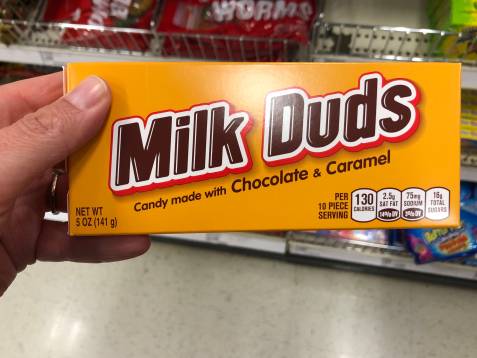Artificial sweeteners are popular with pet parents. There are many artificial sweeteners on the market today, too. So, pet parents can choose the artificial sweetener they prefer. And we’re pretty sure if they have a dog and he sees his pet parent eating sweeteners of any kind, he may help himself to some, too! But what happens if a dog eats artificial sweetener?
Connect with a verified veterinarian in minutes. Licensed vets are available 24/7 to answer your questions. No need to worry about your furry family member.
Has your dog eaten artificial sweetener? Are you worried that the artificial sweetener will make your dog sick? If so, you’ve come to the right place. We understand it can be scary when your dog eats something like this.
We’ve gathered information about artificial sweetener and whether it can make a dog sick. Let’s get started!

What is Artificial Sweetener?
Artificial sweeteners are also called sugar substitutes. Many of these sweeteners taste much sweeter than sugar, and less is needed to make a drink or food taste sweet. Artificial sweeteners can be found in a wide range of drinks, foods, and snacks. These sweeteners are sometimes used to help cut down on calories and by those who may have diabetes.
Here’s a list of some of the most common artificial sweeteners used by humans:
- Erythritol
- Aspartame
- Sucralose
- Stevia
- Monk fruit sweetener
- Saccharine
These are safe for dogs; however, the following artificial sweetener is not safe for our canine companions:
- Xylitol
While artificial sweeteners are safe for humans (in moderation), what about dogs? What happens if a dog eats artificial sweetener?
Artificial Sweetener & Dogs
Some artificial sweeteners are safe for dogs. However, if a dog eats too much of a safe artificial sweetener, he could develop digestive upset.
There’s one artificial sweetener that’s known to be toxic to dogs, and that’s xylitol. Xylitol is a naturally occurring substance that’s used as a sugar substitute. The substance is a sugar alcohol that’s commercially made from corn fiber or birch trees.

Review symptoms, medications & behavior to keep your pets healthy with a Vet Online in just minutes.
Ask a Vet Live NowWhat Should You Do If Your Dog Eats Artificial Sweetener?
The first thing is to check to see what type of artificial sweetener your dog has eaten. If your dog has eaten a safe artificial sweetener, monitor him for digestive upsets. This may include the following:
- Vomiting
- Nausea
- Diarrhea
These symptoms should not last longer than 12 to 24 hours. If they do, call the vet for advice on how to handle the issue. Dogs, in this case, should make a full recovery.
On the other hand, if your dog has eaten xylitol, call the vet immediately. This is an emergency.
Treatment for Xylitol Poisoning in Dogs
There’s no antidote for xylitol poisoning in dogs. The vet may induce vomiting and use activated charcoal to remove this substance from your dog’s system. They will also treat other symptoms as they arise.
In some cases, your fur baby may need to be hospitalized until he’s in stable condition.
The prognosis is best for dogs who receive prompt treatment after eating xylitol. In the future, it’s best to keep xylitol out of your dog’s reach. In addition, foods that contain other sugar substitutes should only be fed to your dog once in a while as treats to avoid digestive issues. You’ll both be happier for it!
Connect with a verified veterinarian in minutes. Licensed vets are available 24/7 to answer your questions. No need to worry about your furry family member.

Tom
Tom has always loved to write since he was little - he wanted to be either a writer or a veterinary doctor, but he ended up being a professional writer while most of his works are based on animals. He was born in San Francisco but later moved to Texas to continue his job as a writer. He graduated from the University of San Francisco where he studied biotechnology. He is happily married and a soon to be father!
Review symptoms, medications & behavior to keep your pets healthy with a Vet Online in just minutes.
Ask a Vet Live Now




